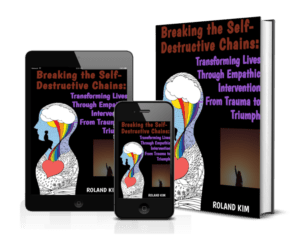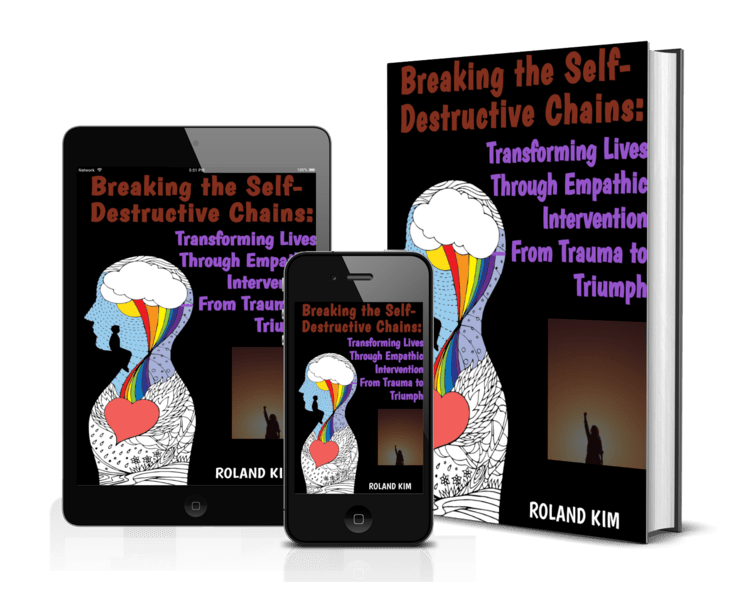Introduction
Life is a series of interconnected events and responses, much like a recursive loop in computer science. Just as a recursive function calls itself repeatedly, our behaviors and perceptions are often influenced by past experiences, especially those rooted in early childhood. Unfortunately, when these foundational experiences are traumatic, they can set off a destructive recursive loop, leading to distorted views of life and, ultimately, destructive behaviors. However, the power of empathic intervention can break this cycle, creating a new, positive recursive loop that fosters a healthy view of life.
Understanding Recursive Loops in Psychological Development
In psychology, recursive loops describe patterns where past experiences continually influence current and future behaviors. A base case, such as an early childhood trauma, initiates these loops, and each subsequent negative experience reinforces the destructive pattern. For example, a child who experiences neglect may develop feelings of worthlessness, leading to self-destructive behaviors that further perpetuate their negative self-view.
The Development of Distorted Views on Life
Early trauma can severely distort a child’s view of the world. A single event, like a caregiver’s neglect, can spiral into a series of negative thoughts and behaviors. This child might start to believe they are unworthy of love, which can lead to isolation, poor self-esteem, and risky behaviors. These actions then reinforce their belief in their own unworthiness, creating a self-perpetuating destructive loop.
The Crisis Point – Enacting Destructive Behaviors
As the negative recursive loop continues, the child may reach a crisis point where their distorted views manifest as destructive behaviors. Psychological mechanisms, such as confirmation bias and learned helplessness, reinforce these negative patterns. For instance, a teenager who was neglected as a child might engage in substance abuse, believing they are doomed to a life of failure, thus perpetuating the cycle of self-destruction.
The Power of Empathic Intervention
Empathic intervention can act as a new base case, disrupting the destructive loop and initiating a positive one. Empathy involves understanding and sharing the feelings of another and providing the support needed to heal from past traumas. For example, a counselor who listens without judgment and offers consistent support can help a young adult replace their negative self-beliefs with positive ones, effectively breaking the destructive cycle.
Creating a New Positive Recursive System
Empathic intervention must be continuous and reinforcing to create a positive recursive loop. Caregivers, therapists, and community members play crucial roles in this process. Practical steps include validating the individual’s feelings, providing consistent support, and encouraging positive behaviors. Over time, these positive experiences can become a new recursive pattern, leading to a healthier view of life.
Sustaining Positive Changes
Sustaining positive changes requires ongoing effort and support. Strategies include building resilience through self-empathy, seeking continuous therapy or counseling, and fostering supportive relationships. By maintaining these positive recursive systems, individuals can overcome their past traumas and build a fulfilling, healthy life.
Conclusion
Early childhood traumas can set off destructive recursive loops, leading to distorted views and harmful behaviors. However, these negative patterns can be disrupted through

and replaced with positive, reinforcing behaviors. By understanding and applying empathy, we can help ourselves and others break free from the cycle of destruction and embark on a path toward a healthy, positive view of life. Let us commit to offering empathic support and being the catalysts for change in our communities.








